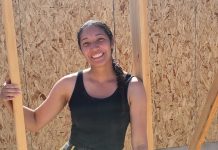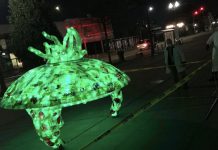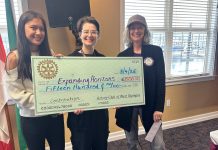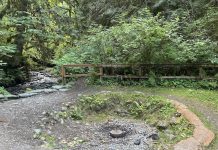The Evergreen State College is known for its diverse and unique programs and pathways. They strive to open up dialogues about a variety of modern issues to help people better understand the world and connect with each other. Professor Nancy Koppelman teaches a course called Many Israels to help students dive into the foundational history, cultural norms and conflicts of Israel. The course brings a great deal of humanity to an issue that is widely misunderstood, and many of her students have felt that it shed important light on the nature of modern Israel and its people.
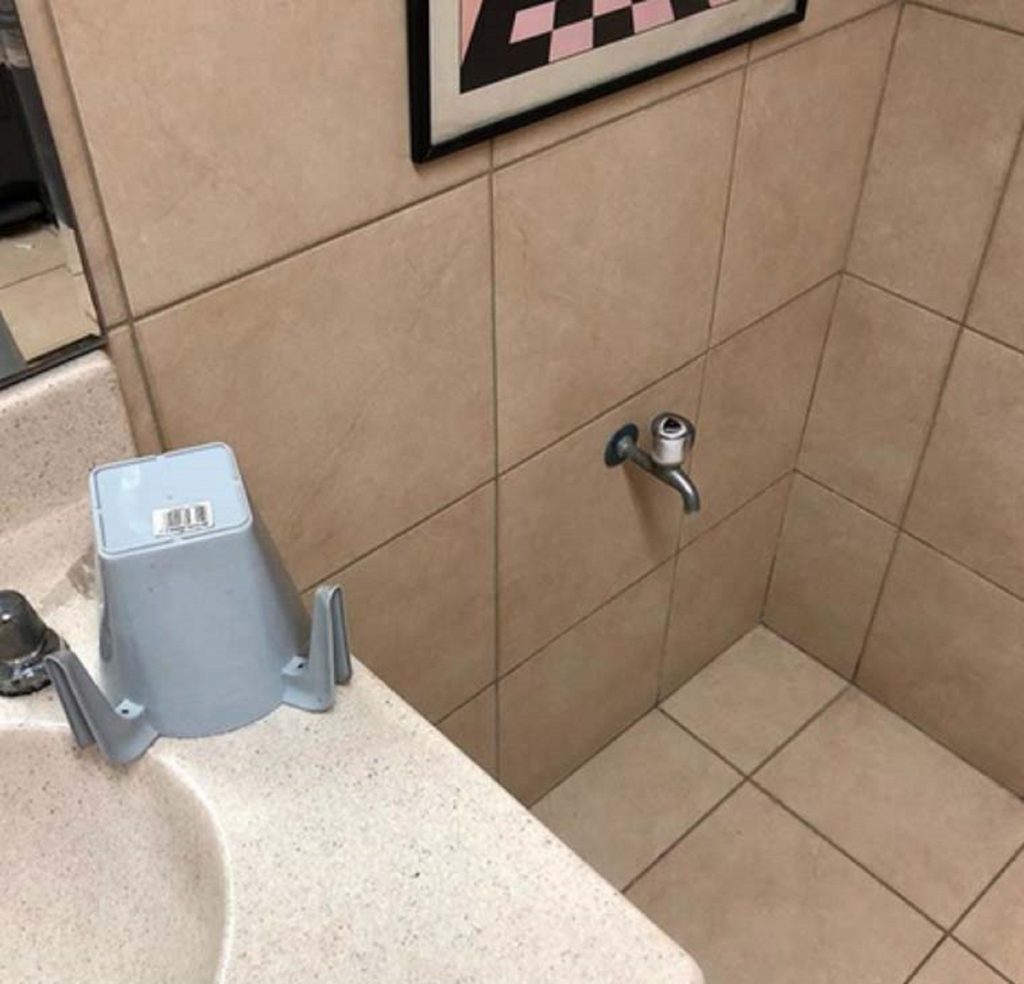
Nancy has been interested in Israeli history and culture for many years and spent a lot of time teaching herself about the history of Israel and Palestine. A few years ago, she discovered a faculty fellowship program offered through the Schusterman Center for Israel Studies at Brandeis University. Nancy wanted to be able to dive deeper into the real topics and issues that Israel faces, so she applied and was granted the fellowship. During the fellowship, Nancy had the opportunity to work with fellow scholars and travel to Israel for two weeks to better understand the influences and cultures present in the state.
After being exposed to the realities of Israeli and Palestinian people and their practices, it became clear to her that there are many misperceptions about this state. “People living here need to understand the region better because there are such strong opinions about it,” she says. One of the expectations of the fellowship program was to produce a syllabus to teach an Israel studies course, which is how the Many Israels course was created. Nancy taught the class for the first time last summer and brought it back for summer 2021. “It was a great success,” she recalls. “We had double the enrollment from last summer to this summer.”
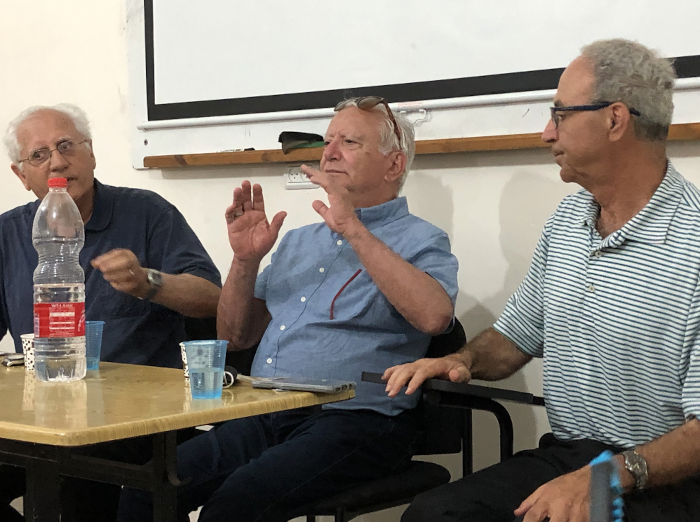
The course provides both wide and narrow scopes of the issues and factors contributing to the current conflicts in Israel. The premise is that over the years there have been many versions of Israel, hence the title “Many Israels.” People have a wide range of perceptions when it comes to modern Israel, which is why Nancy believes it is so important to discuss its history and influences. “The situation can be so complicated and hard to understand, which is why it is hard to solve the conflict,” she explains. “I think it is possible to understand, but in order to do that, we need to go back to a time where people thought different things than what we think now.”
Many Israels is composed of five main topics: religion, immigration, state formation and structure, land disputes, and onlookers and visionaries. Through these topics, students gain insight into the dominant forces under the Ottoman Empire and its influence on culture, as well as how Israel eventually came to declare its independence and existence as a free state. The course ends with perspectives of both Israeli Jews, Palestinians, and those looking from the outside in because it is essential to understand varying opinions and schools of thought regarding Israel. “Visionaries in Palestine are working together to bridge divides and find another path forward,” shares Nancy. “There is a lot of mutual cooperation and mutual support that isn’t making it into the news.”
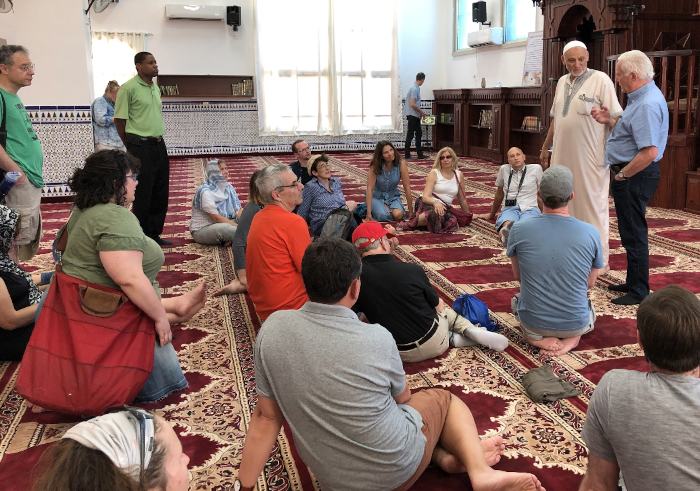
Because this topic is so vastly discussed and often misconceived, it is an important area for people to better understand. These issues can feel overwhelming and difficult to understand, especially with the different portrayals of Israel in the media. “I wanted to get a historical understanding of Israel and Palestine in an apolitical state so I could get a blank slate to develop my own political opinions on the topics,” shares student Michael Bilodeau. The course doesn’t engage in the bias often present in the news and is structured to encourage students to form their own opinions about the state based on factual information and real-life evidence.
One of the most interesting and impactful aspects of this class were the guest speakers Nancy brought in. She featured Osama Swidan and Michael Fried, who are both colleagues at Ben-Gurion University of the Negev. She also did an interview for her students with Barbara Ribakov, who is one of the founders of the North American Conference on Ethiopian Jewry, which is a movement to bring Ethiopian Jews to Israel. “Nancy went out of her way to bring some real voices to the class, and it had a huge impact on me,” student Huma Burton-Whitt shares. “Just being able to get direct experiences and personal ethnographies really brought an essential humanity to this conversation.”
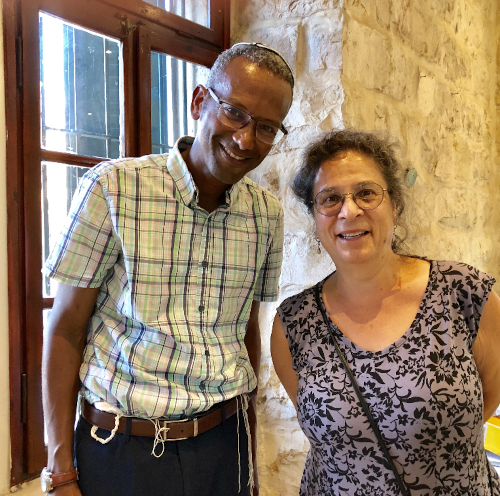
Now that the course is over, the students felt that they had some major takeaways from the program that they can use going forward. “It has given me a broader perspective on how both sides actually are, not just what I perceive both sides to be,” says student Valerie Levitas. “I have a deeper understanding and more three-dimensional knowledge of how people there live, and that is incredibly valuable.” The class was so impactful that Huma and Valerie are both looking to do internships with an organization called Friends of Roots, which is a grassroots movement of understanding, nonviolence, and transformation among Israelis and Palestinians. They are eager to get involved to help support their efforts to bring these two sides closer together.
The students in Nancy’s class as a whole felt what they learned was extremely enlightening and provided the context needed to look at Israel in a new way. The course will likely be offered again next summer, so be sure to check back in 2022 to register and experience the many different Israels for yourself.
Sponsored

